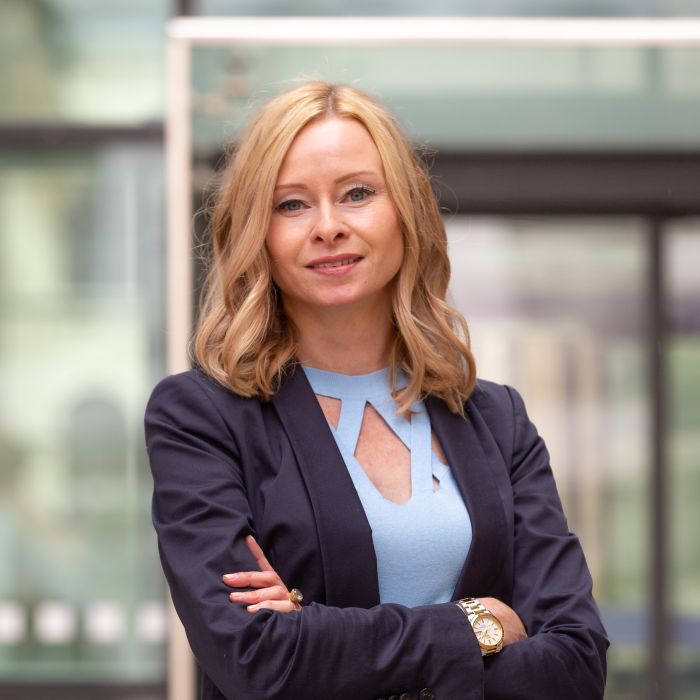Podcast: How do student teachers learn to deal with disinformation?

Information that does not reflect the current state of science is also disseminated via social media. This can weaken trust in science and even in democracy. In a podcast contribution, physics didactics experts Claudia Haagen-Schützenhöfer and Angelika Bernsteiner from the University of Graz and Thomas Schubatzky from the University of Innsbruck talk about how student teachers can tackle the issue of disinformation themselves and with their pupils in the classroom.
"Disinformation enters the classroom via internet research that students carry out independently - especially when it comes to topics that are controversial in society and in the media. As a teacher, you have to deal with this in the classroom," explains Claudia Haagen-Schützenhöfer in the podcast. It is therefore necessary for teachers to be given strategies to deal with this disinformation.
The three researchers suggest two approaches that they have found to be successful: inoculation and debunking training. "Inoculation" means that you can learn how disinformation works by being confronted with it in an attenuated form. If you are familiar with the patterns on which disinformation is based, this makes it easier to recognize disinformation as such. Debunking, in turn, is about developing strategies to refute disinformation that is already in circulation.
Incidentally, the podcast is based on their chapter"Promoting a critical approach to (dis)information through active inoculation and debunking" in the book "Lehrkräftebildung von morgen", which the trio recently published.
